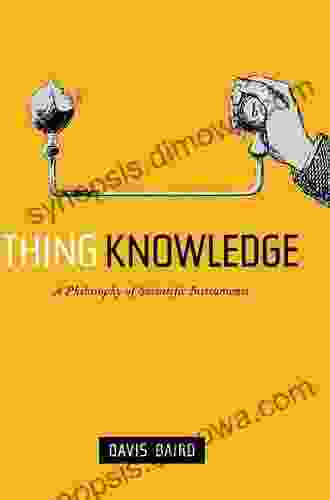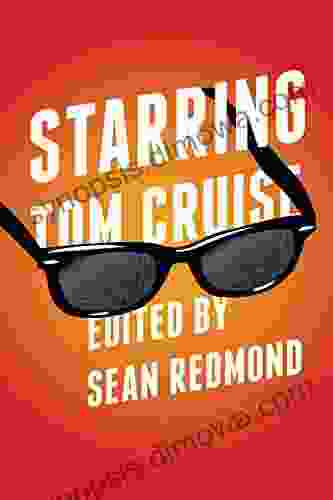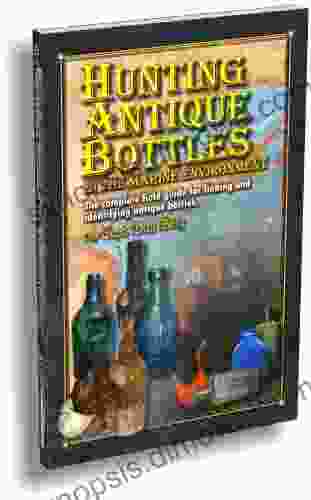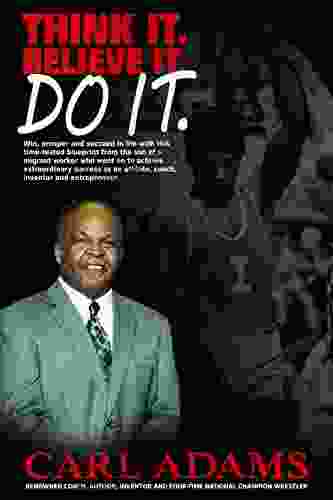Thing Knowledge: The Philosophy of Scientific Instruments

Scientific instruments are essential tools for scientists and researchers. They allow us to explore the world around us in ways that would not be possible otherwise. But what are scientific instruments, and how do they work? More importantly, what can they tell us about the nature of knowledge and reality?
4.5 out of 5
| Language | : | English |
| File size | : | 3167 KB |
| Text-to-Speech | : | Enabled |
| Enhanced typesetting | : | Enabled |
| Word Wise | : | Enabled |
| Print length | : | 271 pages |
| Lending | : | Enabled |
| Screen Reader | : | Supported |
| X-Ray for textbooks | : | Enabled |
In this article, we will explore the philosophy of scientific instruments. We will discuss the different types of scientific instruments, their history, and their role in the development of scientific knowledge. We will also examine some of the philosophical debates surrounding scientific instruments, such as the question of whether they are neutral tools or whether they can influence the results of scientific experiments.
What are Scientific Instruments?
Scientific instruments are devices that are used to measure, observe, or manipulate the natural world. They can be simple, such as a ruler or a microscope, or they can be complex, such as a particle accelerator or a space telescope.
Scientific instruments are used in a wide variety of fields, including physics, chemistry, biology, and astronomy. They allow scientists and researchers to collect data, test hypotheses, and develop new theories. Without scientific instruments, it would be impossible to make many of the advances that have been made in science over the past few centuries.
The History of Scientific Instruments
The history of scientific instruments can be traced back to the earliest days of science. The first scientific instruments were simple tools, such as sundials and astrolabes, that were used to measure time and the positions of stars. Over time, more complex instruments were developed, such as the telescope, the microscope, and the steam engine.
The development of scientific instruments has played a major role in the development of science. New instruments have allowed scientists to make new discoveries and to develop new theories. For example, the telescope allowed astronomers to discover new planets and stars, and the microscope allowed biologists to discover cells and bacteria.
The Role of Scientific Instruments in the Development of Scientific Knowledge
Scientific instruments play a crucial role in the development of scientific knowledge. They allow scientists to collect data, test hypotheses, and develop new theories. Without scientific instruments, it would be impossible to make many of the advances that have been made in science over the past few centuries.
For example, the telescope allowed astronomers to discover new planets and stars, and the microscope allowed biologists to discover cells and bacteria. These discoveries have led to new theories about the universe and the origin of life.
Philosophical Debates Surrounding Scientific Instruments
There are a number of philosophical debates surrounding scientific instruments. One of the most important debates is the question of whether scientific instruments are neutral tools or whether they can influence the results of scientific experiments.
Some philosophers argue that scientific instruments are neutral tools that simply allow scientists to observe the world as it is. Others argue that scientific instruments can influence the results of scientific experiments by introducing biases or errors.
Another philosophical debate surrounding scientific instruments is the question of whether they can be used to create knowledge about the world. Some philosophers argue that scientific instruments can only be used to collect data, and that it is up to scientists to interpret the data and create knowledge. Others argue that scientific instruments can be used to create knowledge about the world, and that they can provide us with insights into the nature of reality.
Scientific instruments are essential tools for scientists and researchers. They allow us to explore the world around us in ways that would not be possible otherwise. They have played a major role in the development of scientific knowledge, and they continue to be used to make new discoveries and to develop new theories.
The philosophy of scientific instruments is a complex and fascinating field. There are a number of different debates surrounding scientific instruments, such as the question of whether they are neutral tools or whether they can influence the results of scientific experiments. These debates are important because they help us to understand the nature of science and the role that scientific instruments play in the development of scientific knowledge.
4.5 out of 5
| Language | : | English |
| File size | : | 3167 KB |
| Text-to-Speech | : | Enabled |
| Enhanced typesetting | : | Enabled |
| Word Wise | : | Enabled |
| Print length | : | 271 pages |
| Lending | : | Enabled |
| Screen Reader | : | Supported |
| X-Ray for textbooks | : | Enabled |
Do you want to contribute by writing guest posts on this blog?
Please contact us and send us a resume of previous articles that you have written.
 Book
Book Novel
Novel Page
Page Chapter
Chapter Text
Text Story
Story Genre
Genre Reader
Reader Library
Library Paperback
Paperback E-book
E-book Magazine
Magazine Newspaper
Newspaper Paragraph
Paragraph Sentence
Sentence Bookmark
Bookmark Shelf
Shelf Glossary
Glossary Bibliography
Bibliography Foreword
Foreword Preface
Preface Synopsis
Synopsis Annotation
Annotation Footnote
Footnote Manuscript
Manuscript Scroll
Scroll Codex
Codex Tome
Tome Bestseller
Bestseller Classics
Classics Library card
Library card Narrative
Narrative Biography
Biography Autobiography
Autobiography Memoir
Memoir Reference
Reference Encyclopedia
Encyclopedia Matt Spruill
Matt Spruill David Tucker
David Tucker Gregory J Chaitin
Gregory J Chaitin David Kuzio
David Kuzio David Mark Quigley
David Mark Quigley David Arns
David Arns Martin Rowe
Martin Rowe David Mager
David Mager De Nesha Diamond
De Nesha Diamond Deann Kruempel
Deann Kruempel Janet Edwards
Janet Edwards Hickory Crowl
Hickory Crowl David S Lamb
David S Lamb Ralph Berry
Ralph Berry Deborah M Abrams
Deborah M Abrams David Blaze
David Blaze Diane Lorz Benitez
Diane Lorz Benitez Dee Smith
Dee Smith David C Holroyd
David C Holroyd Sara Breaker
Sara Breaker
Light bulbAdvertise smarter! Our strategic ad space ensures maximum exposure. Reserve your spot today!
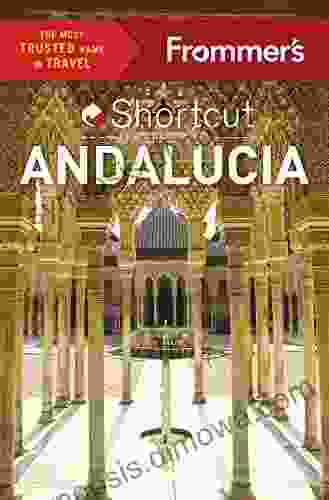
 George R.R. MartinFrommer's Shortcut Andalucia Shortcut Guide: Your Gateway to a Captivating...
George R.R. MartinFrommer's Shortcut Andalucia Shortcut Guide: Your Gateway to a Captivating...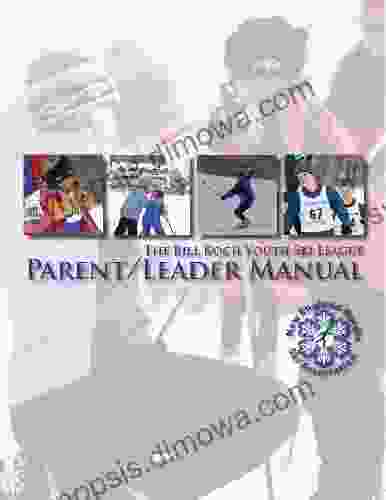
 Alexandre DumasEmpowering Parents in Youth Ski Development: The Bill Koch Youth Ski League...
Alexandre DumasEmpowering Parents in Youth Ski Development: The Bill Koch Youth Ski League... Gerald BellFollow ·18.3k
Gerald BellFollow ·18.3k Jeremy CookFollow ·17.9k
Jeremy CookFollow ·17.9k Phil FosterFollow ·4.4k
Phil FosterFollow ·4.4k Xavier BellFollow ·5.1k
Xavier BellFollow ·5.1k Houston PowellFollow ·14.4k
Houston PowellFollow ·14.4k Stan WardFollow ·8.2k
Stan WardFollow ·8.2k Robbie CarterFollow ·6.7k
Robbie CarterFollow ·6.7k Jon ReedFollow ·13.4k
Jon ReedFollow ·13.4k
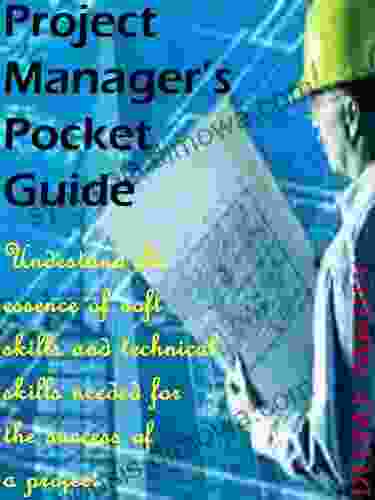
 Aron Cox
Aron CoxMastering Project Management: The Ultimate Guide to...
In today's competitive...

 Dominic Simmons
Dominic SimmonsLet's Build Sue Fliess: Unleash the Polychrome Master...
Chapter 1: The...
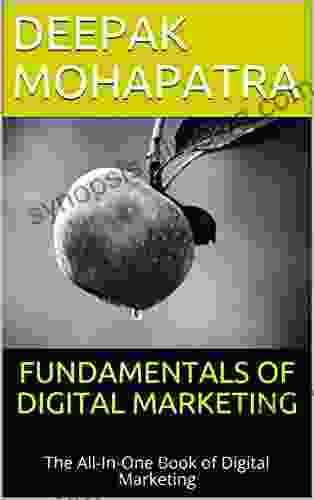
 Mason Powell
Mason PowellMaster the Digital Marketing Landscape: Fundamentals of...
In the age of digital...
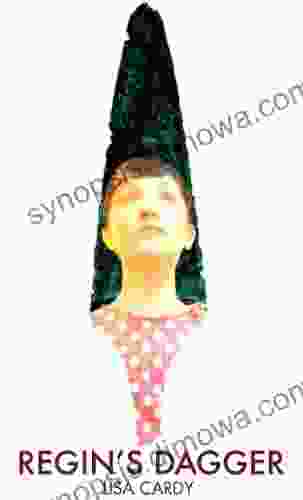
 Aubrey Blair
Aubrey BlairUncover the Secrets of Ancient Blades and Enchanting...
Embark on an Enchanting Journey into the...
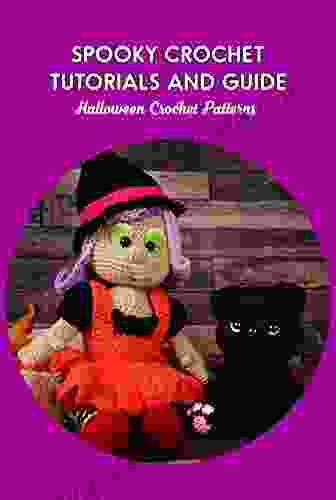
 Shannon Simmons
Shannon SimmonsUnleash the Spooktacular with Spooky Crochet Tutorials...
Prepare to be spooked...
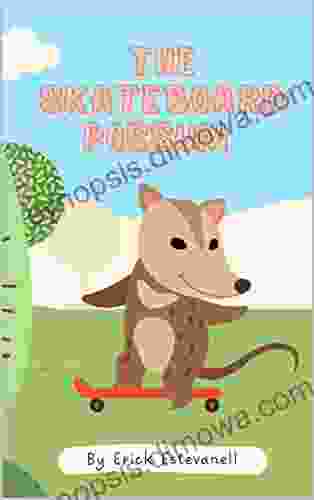
 Cade Simmons
Cade SimmonsImmerse Your Little Ones in a World of Enchantment with...
Nursery rhymes have forever ignited the...
4.5 out of 5
| Language | : | English |
| File size | : | 3167 KB |
| Text-to-Speech | : | Enabled |
| Enhanced typesetting | : | Enabled |
| Word Wise | : | Enabled |
| Print length | : | 271 pages |
| Lending | : | Enabled |
| Screen Reader | : | Supported |
| X-Ray for textbooks | : | Enabled |


